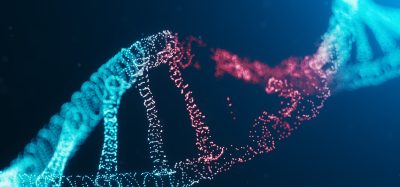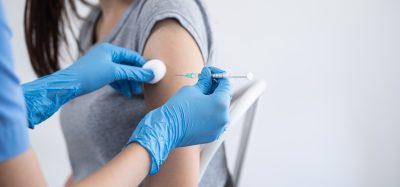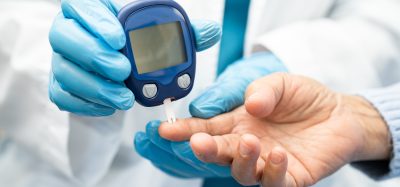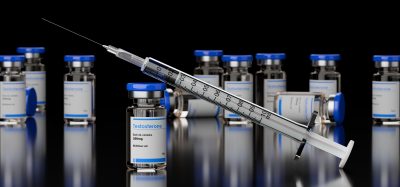Intelligent biogel effective at delivering anti-cancer agents
Posted: 20 November 2015 | Victoria White
The technology has already been successfully tested in the laboratory. If it works in patients, the therapy could one day revolutionise treatment for many forms of cancer…
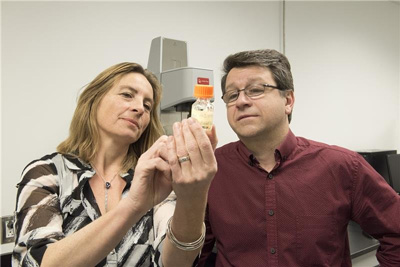

A new injectable biogel, developed by researchers at the University of Montreal Hospital Research Centre, is effective in delivering anti-cancer agents directly into cancerous tumours and killing them.
The technology has already been successfully tested in the laboratory. If it works in patients, the therapy could one day revolutionise treatment for many forms of cancer.
The biogel is liquid at room temperature and gels at 37 degrees Celsius – human body temperature.
“The strength of this biogel is that it is compatible with anti-cancer immune cells. It is used to encapsulate these cells and eventually administer them using a syringe or catheter into the tumour or directly beside it. Instead of injecting these cells or anti-cancer drugs throughout the entire body via the bloodstream, we can treat the cancer locally. We hope that this targeted approach will improve current immunotherapies,” said Réjean Lapointe.
Adoptive cell therapy involves treating cancer patients with anti-cancer immune cells. T cells are produced naturally by the body and have the ability to destroy cancer cells, but they are generally too weak and too few to eradicate the cancer alone. T cells are therefore cultivated in the laboratory and then reinjected into the patient’s blood. While this form of immunotherapy has shown promising results in cases of advanced cancer, it is not always possible to generate enough T cells. Moreover, high doses of interleukin-2, a hormone added to maximise the therapy have a toxic effect.
“With our technique, we only need to administer a few dozen million T cells, instead of the billions currently required. We can also administer compounds that ‘awaken’ the immune system to fight against cancer,” explained Lapointe.
The biogel is made from chitosane
The recipe for this promising biogel was developed by Sophie Lerouge. “The compound is made from chitosane, a biodegradable material extracted from the shells of crustaceans, to which gelling agents are added. The formulation is liquid at room temperature, which facilitates its injection, but quickly takes on a cohesive and resistant structure at 37 degrees. We also needed a hydrogel that was non-toxic for the body and provided excellent survival and growth of the encapsulated cells,” said the engineer.
The biogel was successfully tested in several in vitro models, including melanoma and kidney cancer. “The T lymphocytes in the gel are functional and can grow for two to three weeks, be released from the gel, and kill the cancerous cells,” explained Lapointe. The next step is to demonstrate the effectiveness of the biogel in animals and humans.




